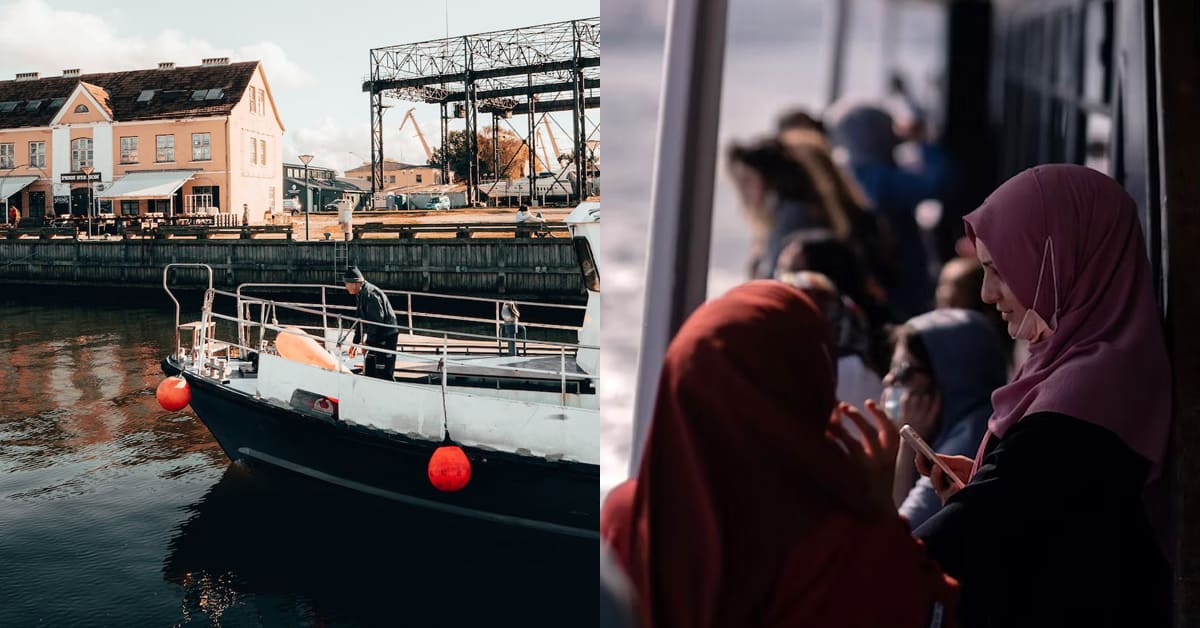Lithuania, a small country located in Northern Europe, may not be the first destination that comes to mind for Muslim travellers. However, this Baltic state has a rich history and culture that is worth exploring. Lithuania has a small Muslim community, but it is a welcoming and tolerant country that respects religious diversity.
Muslim travellers can find halal food, prayer facilities, and friendly locals who are happy to help. Lithuania’s stunning natural landscapes, charming old towns, and vibrant cities make it a unique destination for Muslim travellers looking for an off-the-beaten-path experience.
Is Lithuania Muslim-friendly?
Is Lithuania Muslim friendly?
Lithuania is generally a tolerant and welcoming country for people of different faiths, including Muslims. However, the Muslim population in Lithuania is quite small, and there may be limited facilities such as mosques and halal food options.
It is important to note that individual experiences may vary, and it is always a good idea to research and connect with local Muslim communities before traveling.
Does Lithuania have halal food?
Yes, there are some restaurants and grocery stores in Lithuania that offer halal food options. However, the availability of halal food may vary depending on the location and the type of cuisine.
It is recommended to check with the restaurant or store beforehand to ensure that they offer halal food.
Is Lithuania safe for Muslim?
Lithuania is generally considered a safe country for Muslims. The country has a small Muslim population, but they are accepted and respected by the majority of the population. The government also guarantees religious freedom and protects the rights of minorities.
However, like any other country, there may be isolated incidents of discrimination or intolerance towards Muslims, but they are not common. It is always advisable to exercise caution and respect local customs and laws when traveling to any foreign country.
Are there many Muslims in Lithuania?
No, there are not many Muslims in Lithuania. Muslims make up less than 1% of the population in Lithuania. The majority of the population in Lithuania is Roman Catholic.
Is Lithuania a good place to live in for Muslims?
Lithuania is a predominantly Christian country, and the Muslim population is relatively small. According to the Pew Research Center, Muslims make up less than 1% of the population in Lithuania. Therefore, it may be challenging for Muslims to find halal food, mosques, and other Islamic facilities.
However, Lithuania is known for its religious tolerance and freedom, and the government has taken steps to accommodate the needs of the Muslim community. Overall, whether Lithuania is a good place to live in for Muslims depends on individual preferences and needs.
As a Muslim, what should I prepare before travelling to Lithuania?
Here are some general tips for Muslim travellers to Lithuania:
- Check the weather forecast and pack appropriate clothing for the season.
- Research the local customs and laws to avoid any cultural misunderstandings or legal issues.
- Find out if there are any halal restaurants or mosques in the area you will be visiting.
- Consider bringing a prayer mat and a copy of the Quran for personal use.
- Learn a few basic phrases in Lithuanian to help you communicate with locals.
- Make sure you have all necessary travel documents, including a valid passport and visa if required.
- Consider purchasing travel insurance to protect yourself in case of unexpected events.
- Be respectful of local customs and dress modestly, especially when visiting religious sites.
- Be aware of the local currency and exchange rates to avoid being overcharged.
- Stay informed about any travel advisories or safety concerns in the area you will be visiting.
What is the largest mosque in Lithuania?
The largest mosque in Lithuania is the Vilnius Mosque, also known as the Center of Islamic Culture and Education. It was built in 2005 and can accommodate up to 1,000 worshippers. The mosque is located in the capital city of Vilnius and serves as a center for Islamic education and cultural events.
It features a traditional Islamic design with a dome and minaret, and is open to visitors of all faiths. The mosque is an important symbol of the growing Muslim community in Lithuania, which makes up less than 1% of the country’s population.

